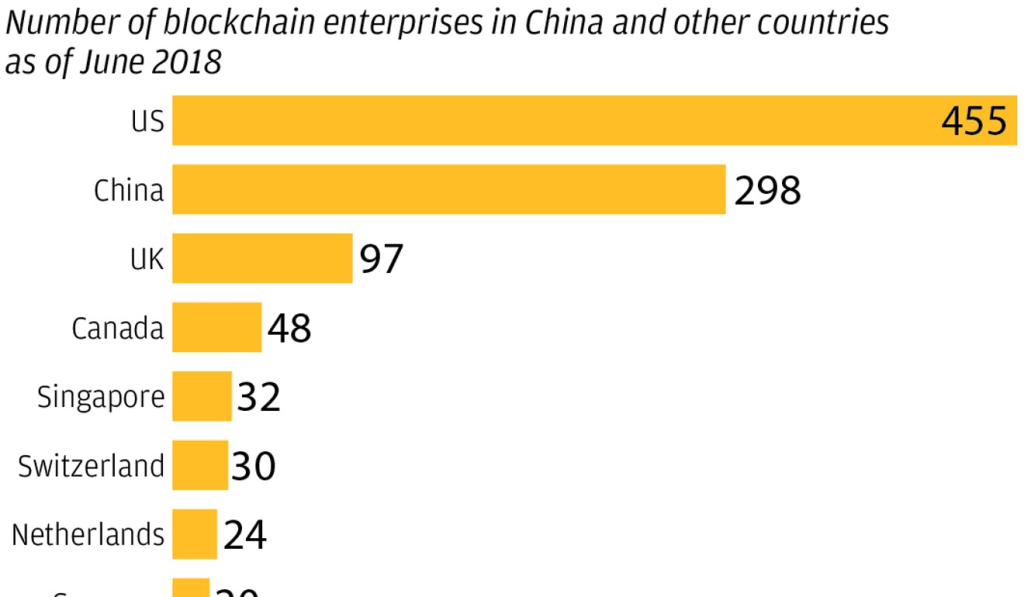Blockchain technology has gained significant attention in recent years due to its potential to revolutionize industries such as finance, healthcare, and supply chain management. China has emerged as a leading player in the global blockchain landscape, with a strong focus on blockchain adoption and development.
In China, blockchain technology is considered a strategic priority for the country’s digital transformation, with the government promoting its adoption and investment in blockchain research and development. The Chinese government has been vocal about the potential of blockchain technology to enhance data security, increase transparency, and improve efficiency in various industries.
One of the major initiatives taken by the Chinese government in this regard is the Blockchain-based Service Network (BSN), which was launched in 2020. The BSN is a global infrastructure network that provides developers with a low-cost and easy-to-use platform to create blockchain-based applications. The BSN aims to promote the development and adoption of blockchain technology in various industries, including finance, supply chain management, and healthcare.

The Chinese government has also launched several other initiatives to promote blockchain development in the country. For example, in 2020, the Chinese government announced the establishment of a blockchain-focused investment fund, which is aimed at supporting the development of blockchain technology and startups in the country.
Apart from government initiatives, Chinese businesses are also adopting blockchain technology to improve their operations. For example, Alibaba’s Ant Financial, which is one of the world’s largest financial technology companies, has been actively using blockchain technology to improve the efficiency of its supply chain operations. Ant Financial has also launched a blockchain-based platform for cross-border payments.
Another notable example is the Chinese insurance industry, which is increasingly adopting blockchain technology to improve its operations. For example, Ping An Insurance, one of China’s largest insurance companies, has been using blockchain technology to streamline its claims settlement process and reduce fraud.
Despite the progress made in blockchain adoption in China, there are still challenges to be addressed. One of the major challenges is the lack of a unified regulatory framework for blockchain technology. The Chinese government has taken steps to regulate the blockchain industry, but there is still a need for a comprehensive and coherent regulatory framework that can provide clarity and guidance to businesses and investors.
Another challenge is the lack of standardization in the blockchain industry. There are numerous blockchain platforms and protocols available, each with its own advantages and disadvantages. This can create confusion for businesses and investors who are looking to adopt blockchain technology.
In conclusion, China has emerged as a leading player in the global blockchain landscape, with a strong focus on blockchain adoption and development. The Chinese government has launched several initiatives to promote blockchain development, and businesses in the country are increasingly adopting blockchain technology to improve their operations. However, there are still challenges to be addressed, such as the need for a unified regulatory framework and standardization in the blockchain industry. With continued investment and innovation, the future of blockchain technology in China looks promising.









